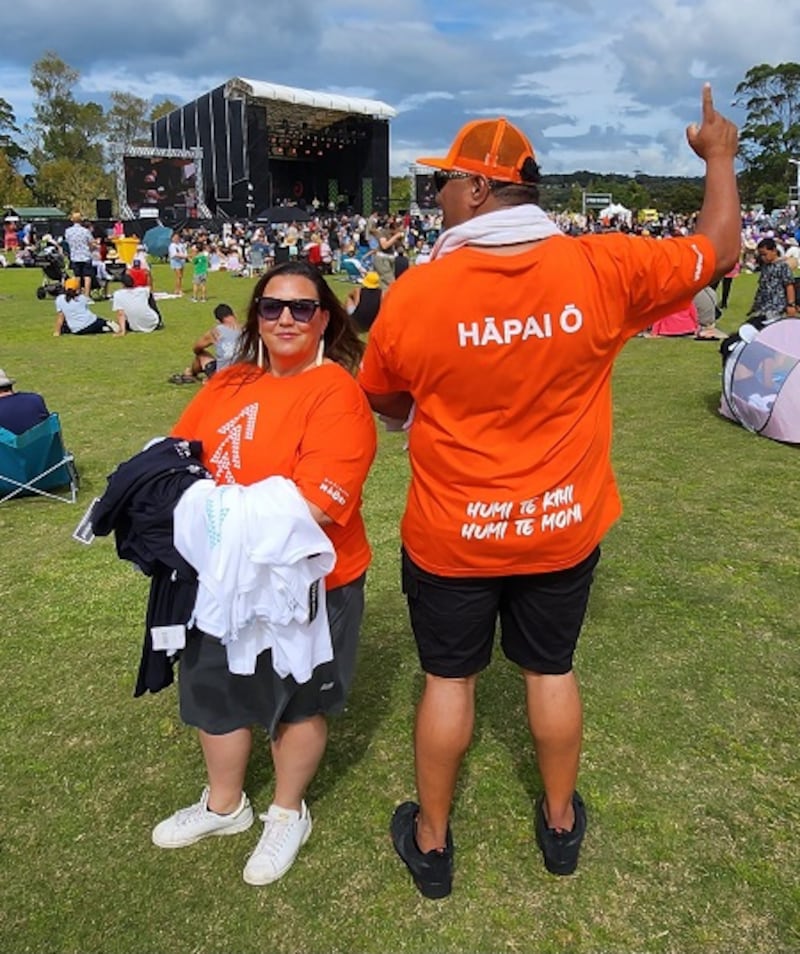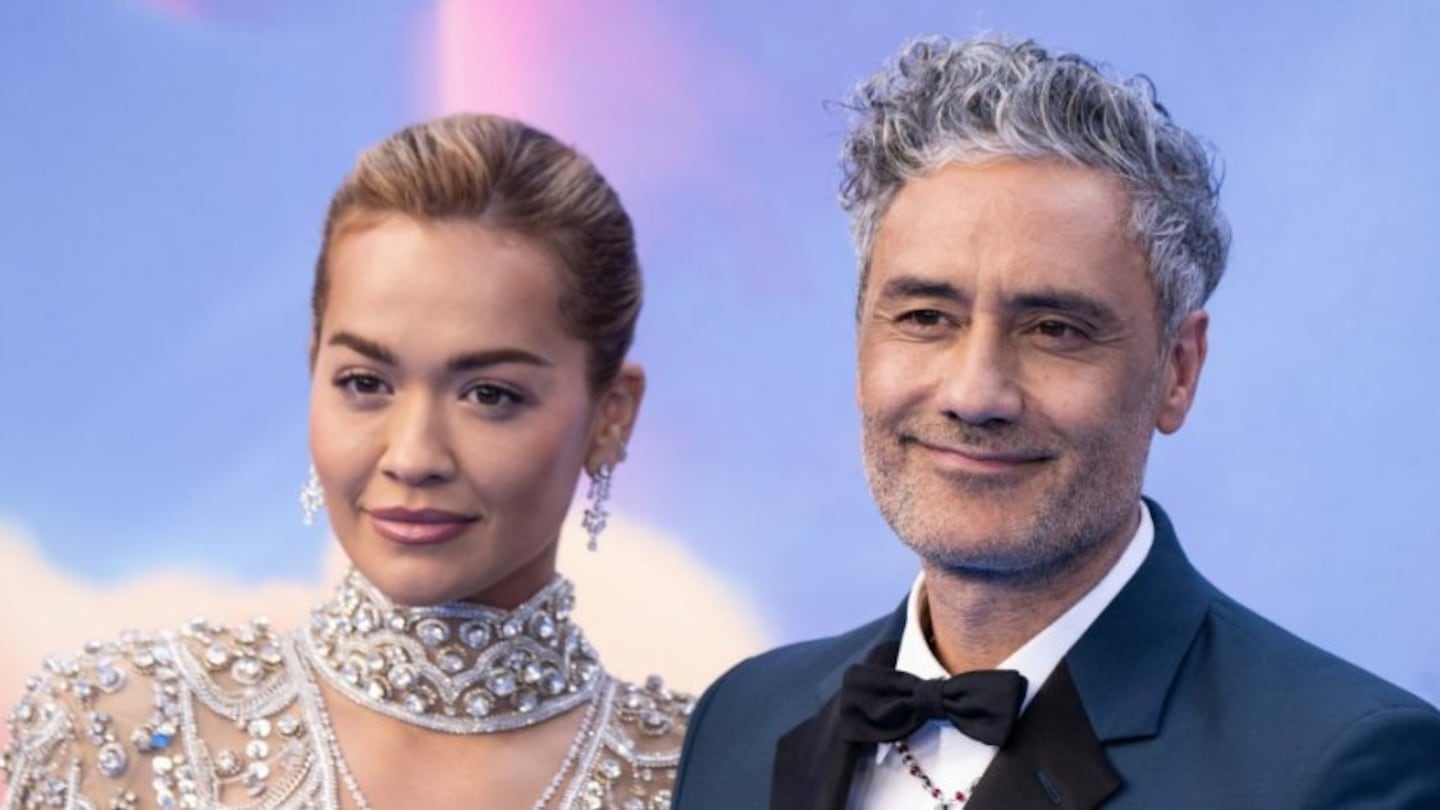Photo / NZ Herald
International pop star Rita Ora may have inadvertently created a new kīwaha or Māori saying/idiom after accidentally mispronouncing a Māori phrase in a recent UK radio interview.
The British singer who is in a widely publicised relationship with acclaimed Māori film maker and actor Taika Waititi, explained in the interview with BBC 1 that she has been learning Māori words from her partner and said she plans to include a Māori phrase in the lyrics of a new song.
@dennero123 #CapCut Rita ora saying Homai te kihi and good on her for attempting to sayb it too #ritaora #taikawaititi #bbcradio1 #maori #lyrics #nz #england #albania #learning #language ♬ Every Summertime - NIKI
“OK this is cute,” Ora explains. “So my partner speaks Māori, he’s from New Zealand and I was learning words to put in my songs.”
“So um, there’s a lyric. It says, Kiss Me.”
As she proceeded to say it in Māori, which she’d learned as “hōmai te kihi”, she accidentally said “humi te kihi.”

Whakaata Māori personality and Māori language ambassador Piripi Taylor is embracing the faux pas by the superstar, saying humi is actually more accurate and appropriate than the word hōmai in the phrase.
“Hōmai is a word you say when asking to be given something or explaining that you've been given something to hold or be in possession of, either physically or conceptually,” he says.
“For example, ‘hōmai (koa) te pata - give/pass me the butter (please). Or ‘nā Matiu te mahere i hōmai - Matthew gave me the plan.’
“A common misconception is that hōmai means ‘give me’ for everything. For example, ‘hōmai te pakipaki’ is commonly used mistakenly to say ‘give me a round of applause.’ You don't actually physically hold or possess an applause or a kiss. So ‘kiss me’ would simply be, ‘kihi mai’ which literally means kiss in my direction.’ ‘Pakipaki mai’ is a more correct way of saying, ‘give me a round of applause.’
“On the other hand, ‘humi’ means ‘to be abundant’ Taylor explains. “So, ‘humi te kihi’ could mean in a colloquial sense, ‘shower me with kisses.’"
"Making innocent mistakes are all part of learning and I love her efforts to embrace and speak te reo Māori."
Taylor promoted the phrase at a benefit concert held in Auckland over the weekend that raised over $700,000 for communities severely affected by Cyclone Gabrielle on the East Coast, Hawke's Bay and Northland.
"I printed the phrase 'humi te moni' on the back of my t-shirt to mean 'show me the money', made famous by Cuba Gooding Jnr in the movie Jerry Macguire."
“Needless to say, I sold an abundance of concert merchandise tee shirts on Saturday.”
“I humi te aroha.”


